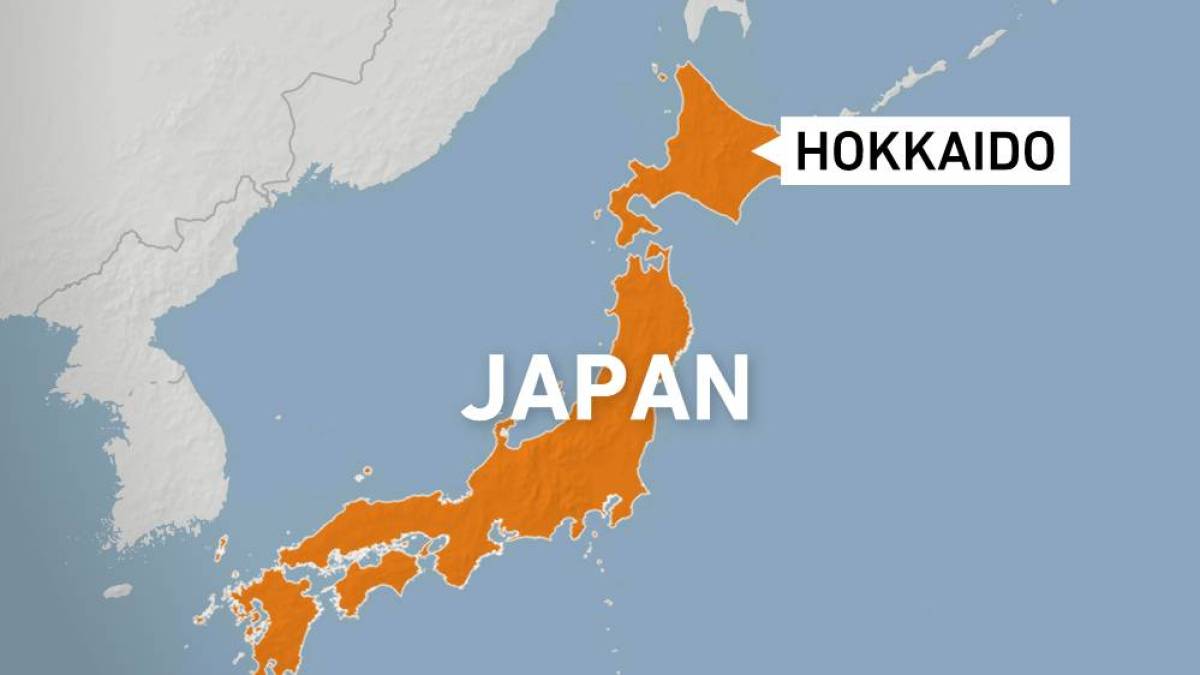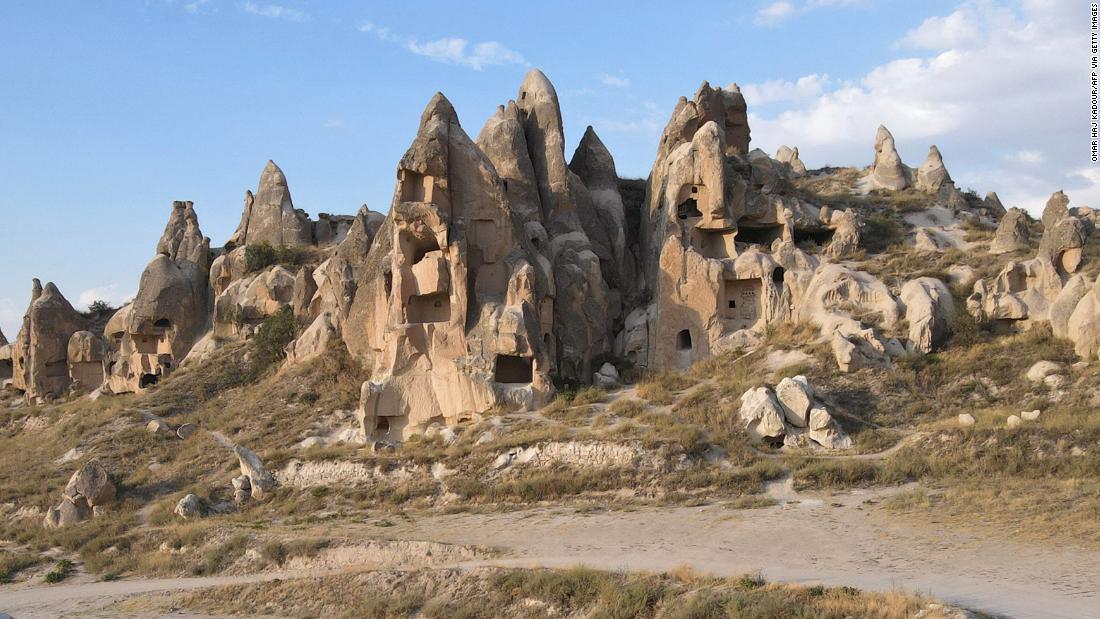Israel To Destroy "Hundreds Of Homes" In Rafah
The plan to destroy the homes and expand the route Israel controls along the border with Egypt was approved Thursday, May 13, at a high-level meeting attended by Prime Minister Ariel Sharon, Defense Minister Shaul Mofaz and other top officials, according to Israeli daily Ha’aretz.
Paul McCann, from the United Nations Relief and Works Agency (UNRWA), condemned Israel’s policy of demolishing entire neighborhoods in the refugee camps along the border with Egypt and warned of a deepening crisis, according to Agence France-Presse (AFP).
"It’s impossible to believe that every one of these houses shelters militants or the entrance to a tunnel," McCann said in response to the Israeli government’s argument that the demolitions are aimed at preventing the use of cross-border arms-smuggling tunnels.
He also pointed out that the "empty buildings" were only abandoned because of the constant danger of being killed or wounded and eventually expelled by the Israeli occupation army.
"When the house on your left has been blown up and the house on your right has been blown up, you know you’re next, so families don’t always wait until the last moment to find other housing," he explained.
Israel’s public radio said Thursday, "The first houses to be destroyed will be empty buildings. Then inhabited houses will be demolished. Israel will be responsible for finding new accommodation for the evacuated people".
On Friday, Ha’aretz quoted an unnamed Israeli political source as saying that the occupation army intended to destroy "dozens or perhaps hundreds" of homes and widen the 9-km long buffer zone once soldiers complete a search in the area for the remains of their comrades blown up two days ago.
"It’s a major source of infiltration and smuggling of weapons. We’ve got to stop it," said the official.
Israeli demolitions aimed at widening the so-called "Philadelphi route" buffer zone have already made 11,000 Palestinians homeless since the start of the Intifada in September 2000, in policy UNRWA chief Peter Hansen as condemned as "collective punishment".
McCann said the agency had only managed to find new housing for 1,000 people over those three and half years and complained that an emergency appeal for larger donations this year had not been met.
In a typical reaction that follows every and each Israeli measure of this kind, the largely symbolic Palestinian Authority urged the international community to prevent the Israeli demolitions.
"Destroying these houses will be a major catastrophe for our people. It is extremely serious," Palestinian Negotiations Minister Saeb Erakat told AFP.
"This shows Israel intends to stay in the Gaza Strip and not withdraw from it," he said.
An official from Sharon’s office claimed, "This is a legitimate defensive measure, which is aimed at ensuring better protection for our soldiers who shouldn’t remain as sitting ducks and at preventing the smuggling of weapons, mortars, rockets and tunnels between Egypt and the Gaza Strip," reported AFP.
Israel has been razing homes in Rafah for the past 3 and a half years claiming to be searching for tunnels used for smuggling weapons even though such controversial practices dubbed by the international community as "collective punishment" for a people under occupation, seldom proved Israeli claims.
In numerous occasions, the Egyptian leadership has denied the Israeli claims and Egyptian President Hosni Mubarak has, more than once, dared Israel publicly to provide evidence such tunnels even existed.
Several Houses Destroyed In Rafah
On Thursday, meanwhile, the Israeli army occupied and demolished several Palestinian houses in Rafah Thursday.
Israeli chief of staff Moshe Yaalon told army radio that troops had "seized control of several buildings" and were widening the buffer zone which runs along the Israeli-controlled border with Egypt.
Israeli bulldozers have been razing entire blocks in Rafah’s camps to enlarge the buffer zone along the border to impede what it claimed to be "the construction of tunnels".


